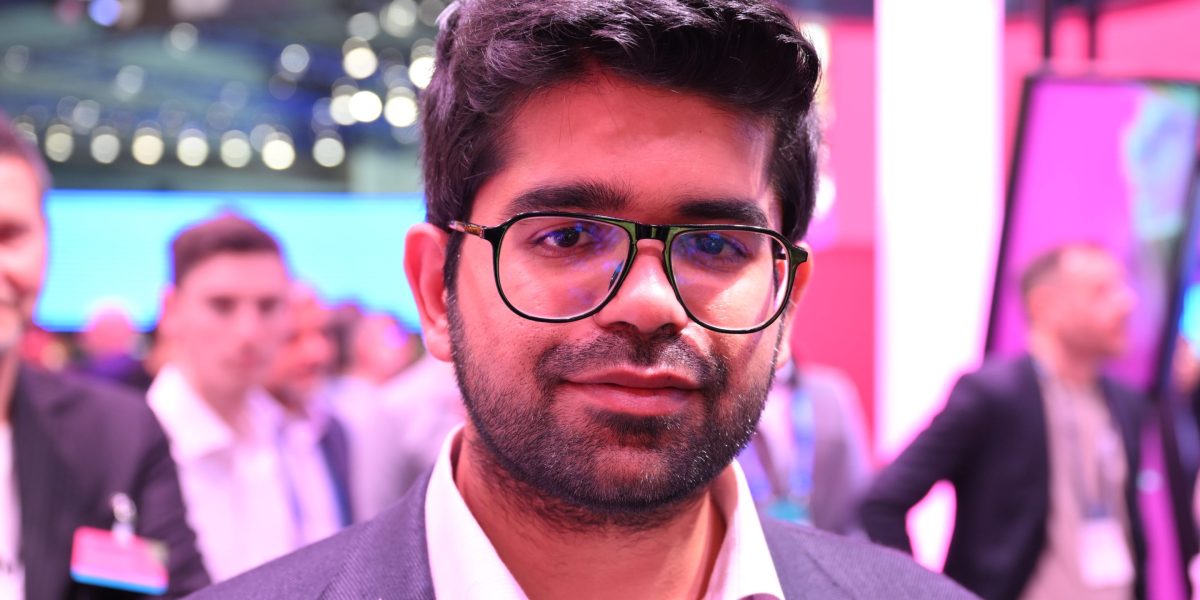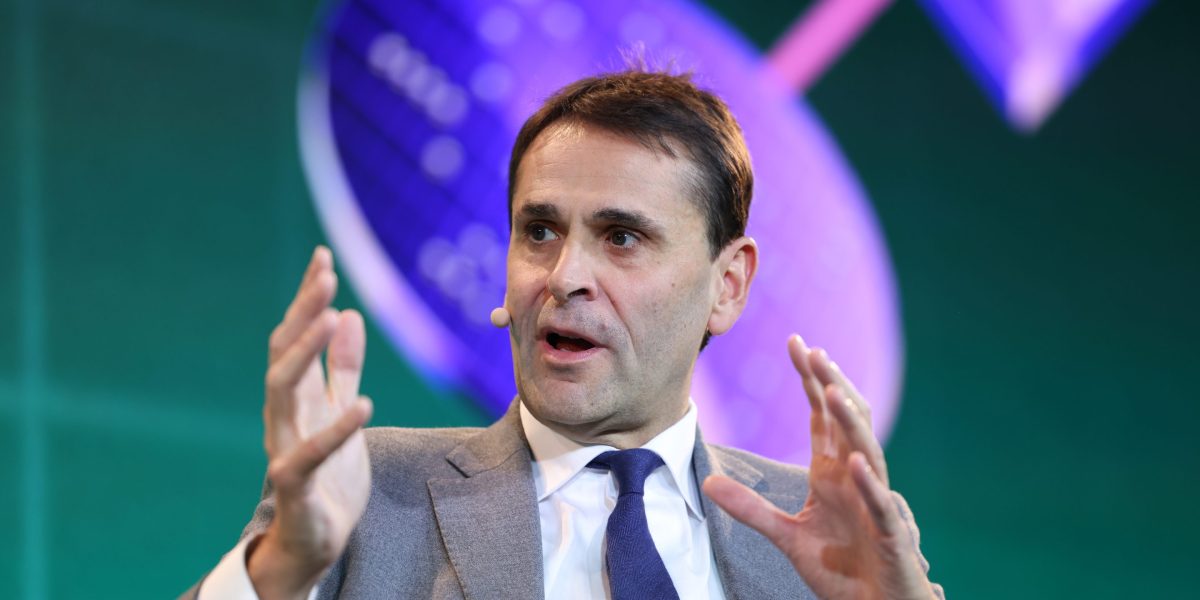Former Treasury Secretary Lawrence Summers warned that the U.S. is now likely headed toward a recession, with potentially 2 million Americans put out of work, thanks to the tariff increases now in train.
“It’s more likely than not that we’re going to have a recession — and in the context of a recession, we’ll see an extra 2 million people be unemployed,” Summers said on Bloomberg Television’s Wall Street Week with David Westin. “We’ll see losses in household income” of $5,000 per family or more, he said.
There will be “very important choices in the weeks ahead” with regard to tariff plans by President Donald Trump that exceed even those of 1930 that “made the depression great,” said Summers, a Harvard University professor and paid contributor to Bloomberg TV. It would be wise to be “backing off the policies that have been announced,” he said.
Financial markets are “speaking with incredible clarity” about the impact of the tariffs, Summers said — highlighting that stocks have been surging on any headlines suggesting relief, and plunging on news suggesting the levies will go ahead.
Follow The Big Take daily podcast wherever you listen.
“We’re very likely, in the context of a recession, to see markets reach levels significantly below their current level,” Summers said. “I’d be surprised if the bottom is yet in with respect to this phase and markets,” he also said.
A U.S. economic downturn would have various other negative effects, he noted, including a wider budget deficit. “There will be financial distress that will affect higher-risk companies and also higher-risk countries in the global economy.”
Market ‘Alarm’
While it’s “hard to know” about the risk of an economic slump morphing into a financial crisis, the former Treasury chief highlighted the tightening in regulations since the 2007-09 meltdown, which was directed at ensuring financial firms are well capitalized and that the system’s so-called plumbing was functional. Deputy Treasury Secretary Michael Faulkender earlier Tuesday said that “liquidity continues to flow” and there were no “impediments” despite the market volatility.
“I’m less worried about the internal integrity of markets than I am by the external message that markets are sending — which I think is one of alarm,” Summers said. In the absence of some corporate executives and academic leaders speaking up about their concerns with policy actions, markets are “such an important signal of where things are going,” he said.
For the first time, the U.S. is facing a recession caused by its own policy actions, he indicated. “There is nothing in the outside world that is causing this challenge. It is induced by the words and deeds of President Trump and his administration,” he said. “I don’t know that there really is a historical precedent for what’s being done now.”
“There would be a substantial resumption of normality” in the economy if the government backs off on its “policy errors,” he said.
‘B’ Student
“There’s nothing complicated about this,” Summers also said. It is “introductory economics” that the imposition of a huge tax hike on the middle class, clouded with uncertainty, damages businesses and forces the economy downwards, Summers said. “Any ‘B’ student will know that the answer to that is that it’s a supply shock that raises prices and raises unemployment.”
It will be “enormously costly for the United States and for the world economy” if Washington jacks up tariff rates back to pre-World War II levels, Summers said. “The losses to markets, if all of this were sure to be implemented, would be many trillion dollars. And the stock market only measures a very small fraction of the losses to the economy from policies of this kind.”
This story was originally featured on Fortune.com
Source link


 Entertainment8 years ago
Entertainment8 years ago
 Politics8 years ago
Politics8 years ago
 Entertainment8 years ago
Entertainment8 years ago
 Entertainment8 years ago
Entertainment8 years ago
 Tech8 years ago
Tech8 years ago
 Tech8 years ago
Tech8 years ago
 Tech8 years ago
Tech8 years ago
 Politics8 years ago
Politics8 years ago






